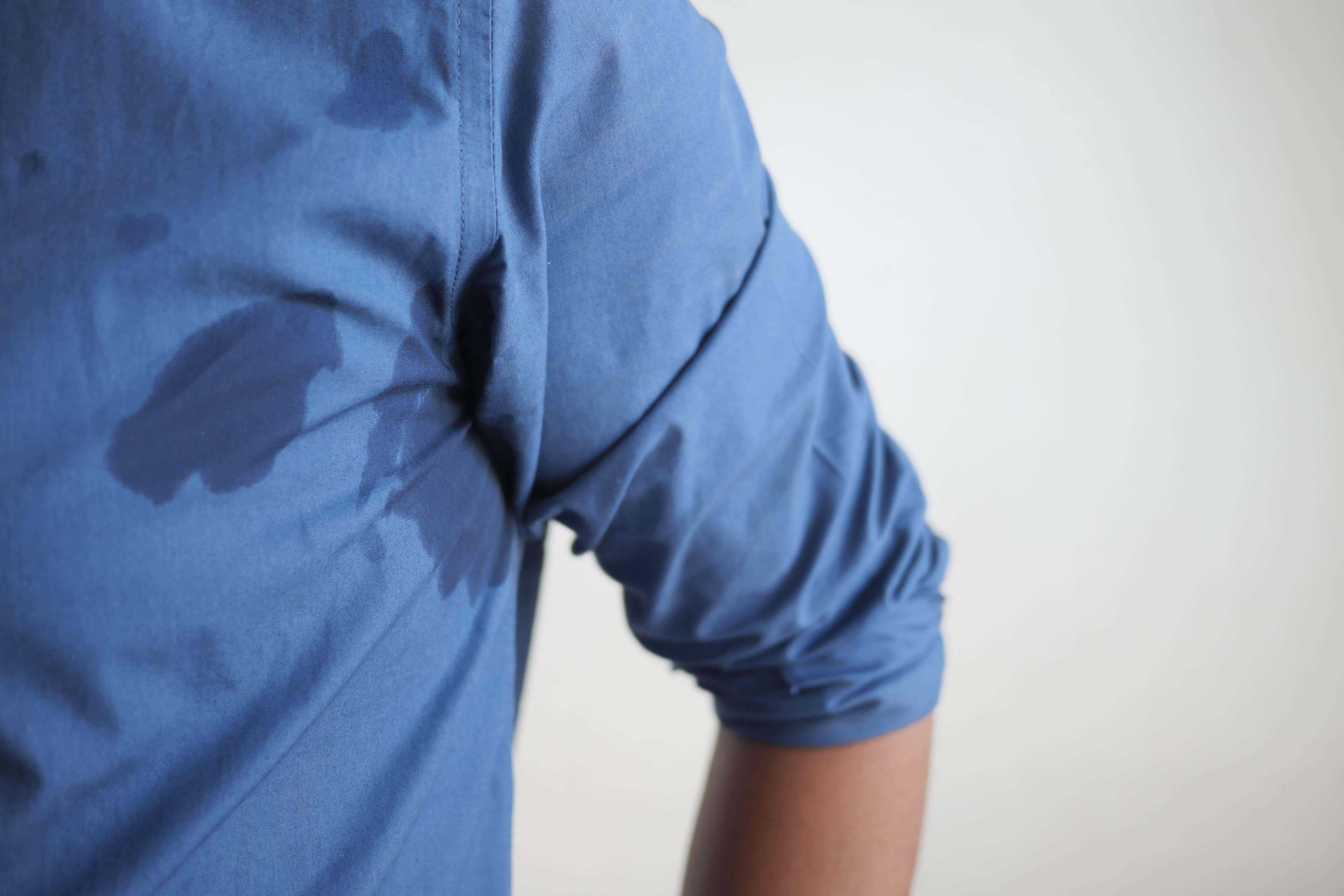The Independent's journalism is supported by our readers. When you purchase through links on our site, we may earn commission.
How can you protect your clothes from sweat patches?
As the summer weather hits record highs, here’s how to lessen sweating and prevent stains.

Your support helps us to tell the story
From reproductive rights to climate change to Big Tech, The Independent is on the ground when the story is developing. Whether it's investigating the financials of Elon Musk's pro-Trump PAC or producing our latest documentary, 'The A Word', which shines a light on the American women fighting for reproductive rights, we know how important it is to parse out the facts from the messaging.
At such a critical moment in US history, we need reporters on the ground. Your donation allows us to keep sending journalists to speak to both sides of the story.
The Independent is trusted by Americans across the entire political spectrum. And unlike many other quality news outlets, we choose not to lock Americans out of our reporting and analysis with paywalls. We believe quality journalism should be available to everyone, paid for by those who can afford it.
Your support makes all the difference.The UK is famously not made for the heat, with single-pane windows and lack of air-con, overheating is an annual struggle.
While sweat-proof products claim to be the answer, they often don’t work, leaving patches and prints on our clothes. Here are five ways to protect your clothes from sweat stains.
1. Sweat guards
This relatively recent phenomenon is quite a revelation. These self-adhesive pads are nude in colour and stick onto any garment from jersey to satin.
Gentle on the skin and hyper-absorbent, they are the perfect solution as an added layer of protection to save your clothes from stains.
Sweat Guard Sweat Pads Triple Absorb – 100, £22.50
2. Deodorant vs. antiperspirant
Not many of us look at the fine print of our deodorant – or antiperspirant – but there’s a vital difference.
Deodorant is formulated to mask odour, whereas an antiperspirant actively reduces how much you sweat.
In the hotter months, opting for an antiperspirant instead will reduce the need to constantly reapply deodorant, and lessen the amount you sweat in general.
Sometimes, deodorant and antiperspirant are combined into a single product, meaning you get the best of both worlds. But stay clear of aluminium products, as this can contribute to stubborn sweat stains.
Perspirex Original Antiperspirant Roll-On 20ml, £9.99, Boots
3. Avoid trigger foods
Food isn’t often something equated with excess sweating, but our diets can have a big effect on the amount we sweat.
Triggers such as caffeine, spice and alcohol contribute to increased production in our sweat glands. Capsaicin, often found in spicy foods, triggers the nerves in your body to feel warmer, making your face flush and become sweaty.
Opting for tea over coffee in the summer months is a great start. Staying hydrated alongside refraining from these triggers will help keep sweat patches at bay.
4. The reverse formula
If, unfortunately, some of your clothes seem like a lost cause and are now harbouring yellow stains, there are a couple of reversing tricks to get your T-shirts back to bright white.
Soaking your shirt in a mixture of warm water and white vinegar for 30 minutes before washing it helps budge tough stains. You can also try using a stain remover or pre-treating the affected areas with a laundry detergent that contains enzymes.
It’s important to follow the care instructions on the garment’s label and avoid using bleach or hot water, as this can damage the fabric.5. The longer-term fix
If you feel your sweating is a serious problem, a longer-term solution is the botulinum toxin treatment, better known as Botox.
The toxin blocks signals from the nerves that activate the sweat glands, essentially paralysing them. This is done by stopping the release of the chemical acetylcholine.
Harley Street nurse, Nina Prisk, states she has seen a 50% increase in enquiries for the treatment since people have returned to the workplace this summer.
Prisk recommends seeing your GP before having the treatment, to rule out any other underlying cause of excess sweating and it’s a procedure that should only be done by a medical professional.